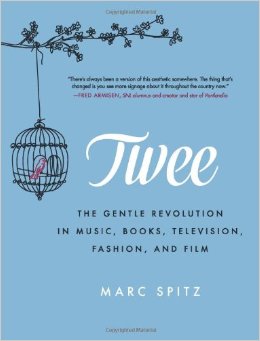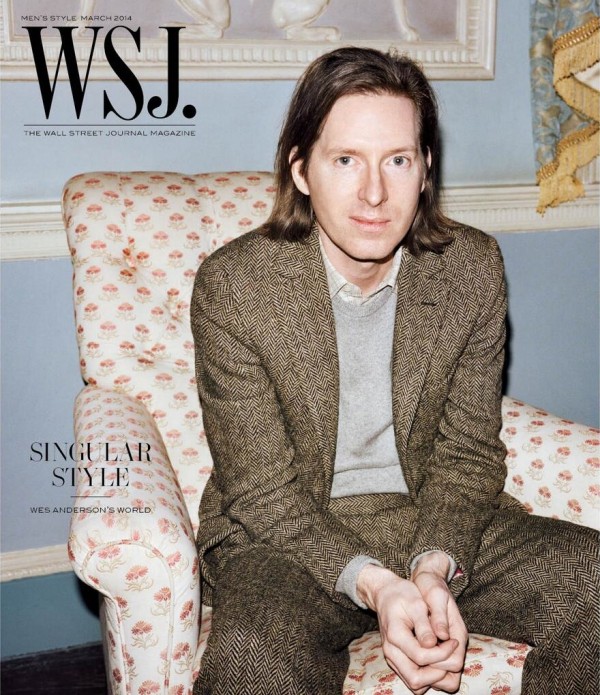RADIO TIMES
Knitting, the ukulele, Wes Anderson movies, cats, Zooey Deschanel, J.D. Salinger, and Vampire Weekend – all are a part of the so-called “twee” aesthetic that quietly permeates today’s pop culture landscape. Today, we take a look at how all things precious, precocious, and affectedly cute, have gone from uncool to mainstream. Our guest is MARC SPITZ, author of the recently-published book on the topic, Twee: The Gentle Revolution in Music, Books,  Television, Fashion and Film. We’ll also get the origin of the word “twee” itself from English-language expert, AMMON SHEA, author of Reading the OED: One Man, One Year, 21,730 Pages. MORE
Television, Fashion and Film. We’ll also get the origin of the word “twee” itself from English-language expert, AMMON SHEA, author of Reading the OED: One Man, One Year, 21,730 Pages. MORE
RELATED: The Twee food fads come and go, as do the tribally sanctioned T-shirts and the weekly musical subgenres. But I am grateful to Spitz for reminding me that Twee has, beneath all the chirping, something passionately affronted and defiant; that its embrace of underdogs—their flops, their freak-outs, their difficult third albums—has an actual moral application. Spitz plants the British singer Morrissey upon the throne of Twee. I was happy in the haze of a drunken hour / But heaven knows I’m miserable now. The yearning, the susceptibility. But Morrissey is too sleek and magnificent an ego for that ambiguous seat, I think. (He is also responsible for the radically un-Twee couplet When we’re in your scholarly room / Who will swallow whom?) Spitz is on firmer, which is to say much more unstable, ground with Kurt Cobain. Here was the Elvis of Twee, a complicated angel, “rock’n’roll’s own Little Prince,” not only a shockingly potent performer but a militant Twee ideologue. He inveighed against sexism and homophobia; he loathed jocks; he sang Grandma take me home; he painted his toenails; he used his fame to promote unpromotable bands. It may have been the massive drumming of Dave Grohl—nothing could be less Twee—that powered Nirvana into the mainstream, but Cobain, like all great figures, had already invented his own historical inevitability: he was, briefly and tormentedly, the bursting-through of generations of Twee. MORE

